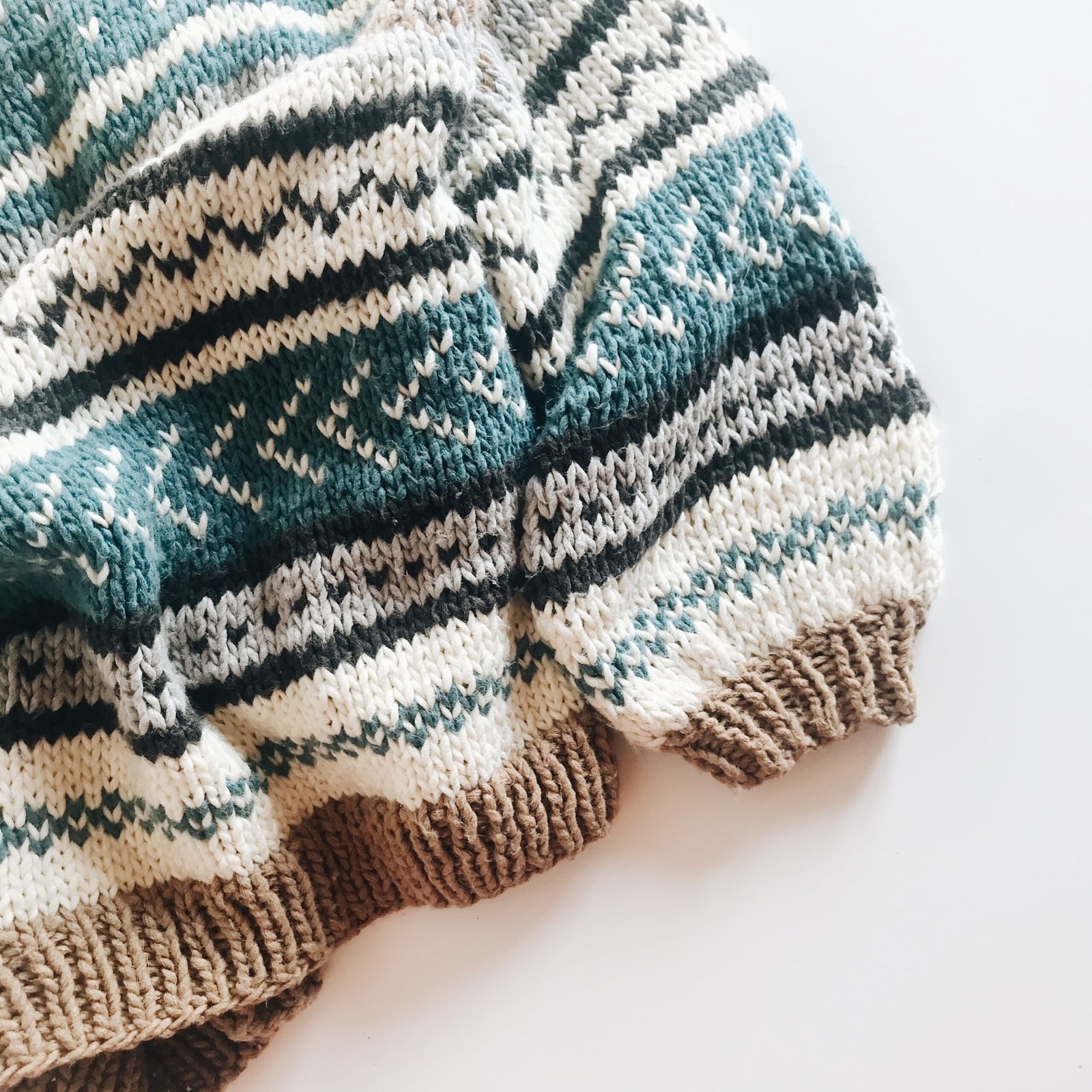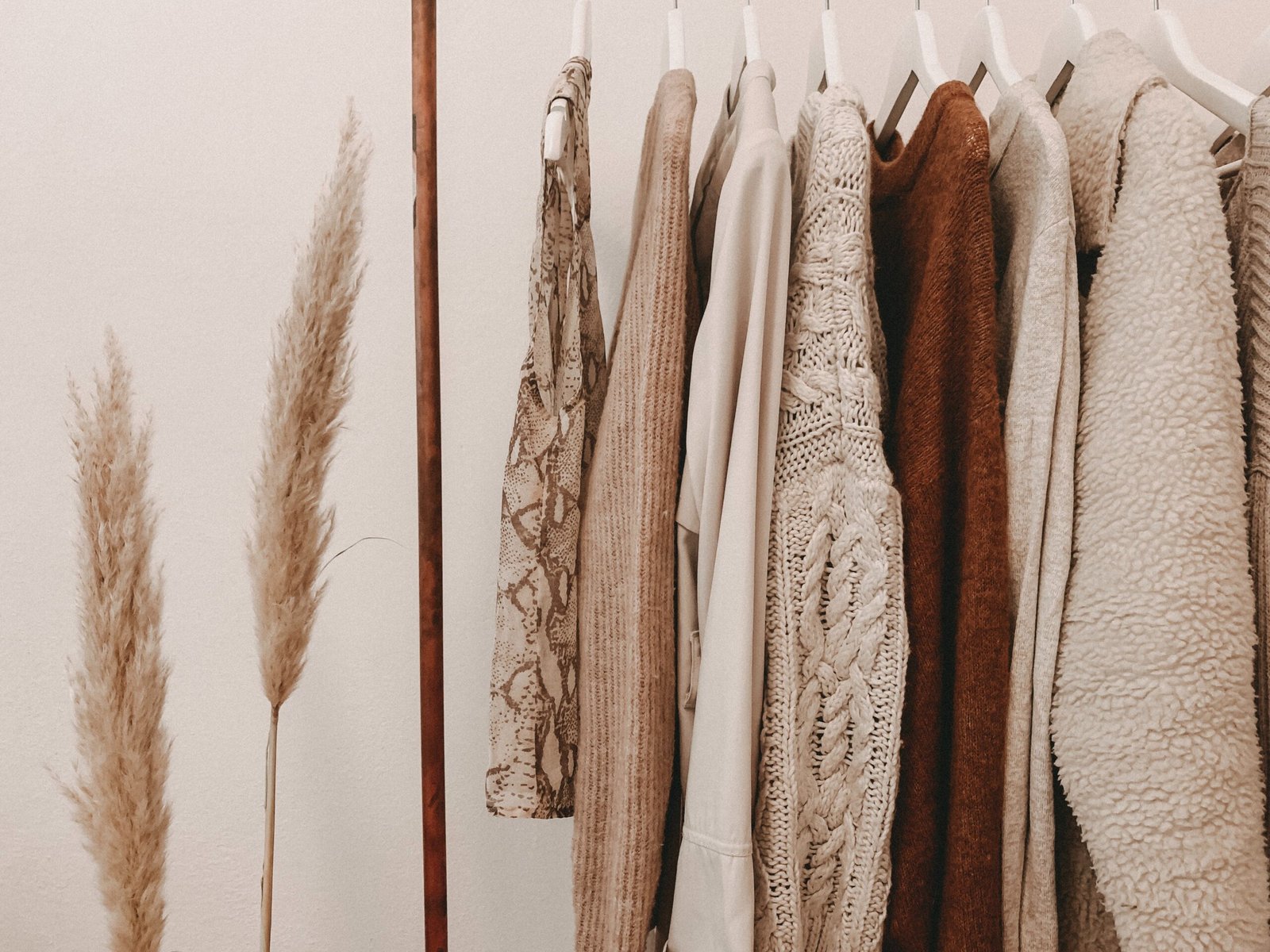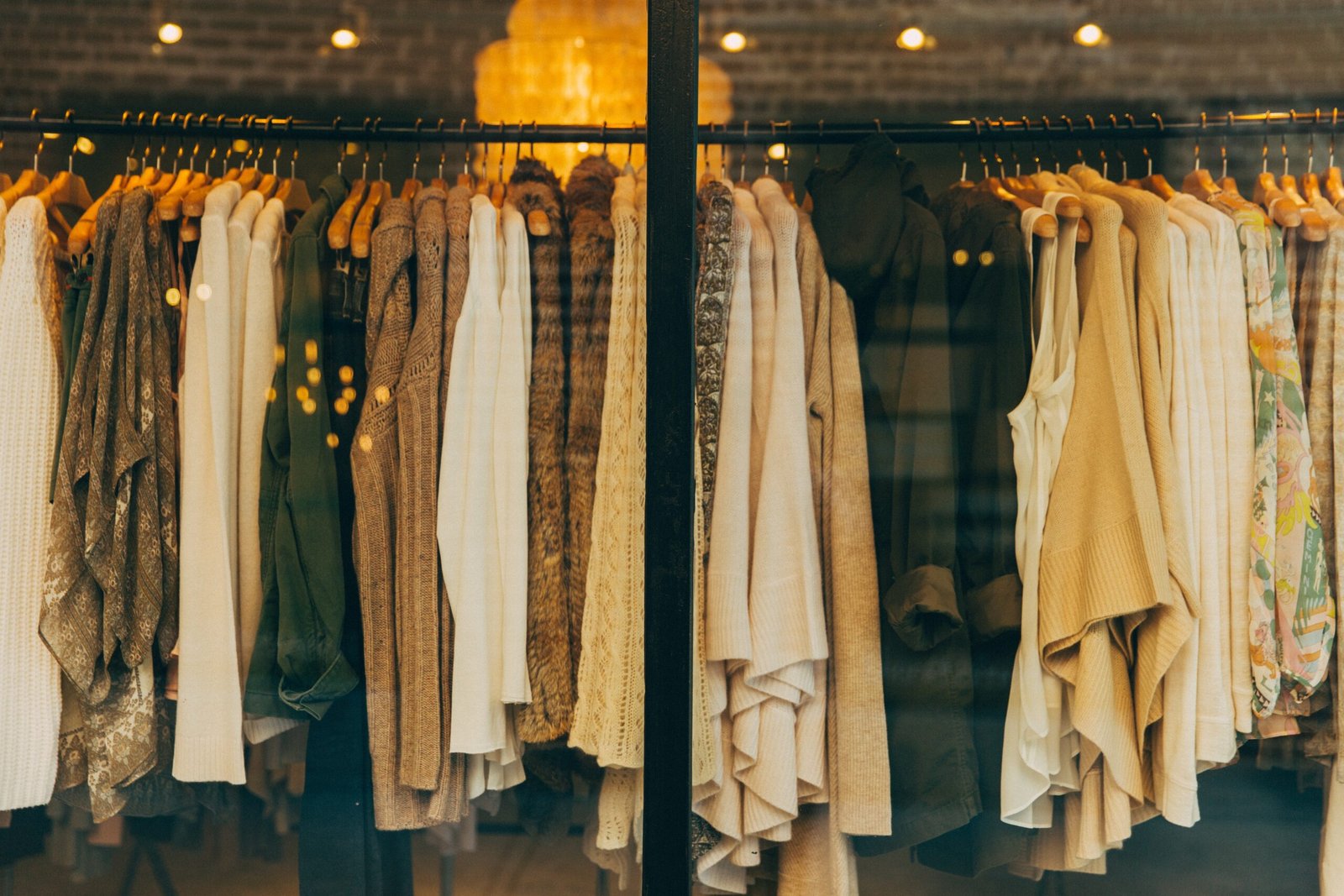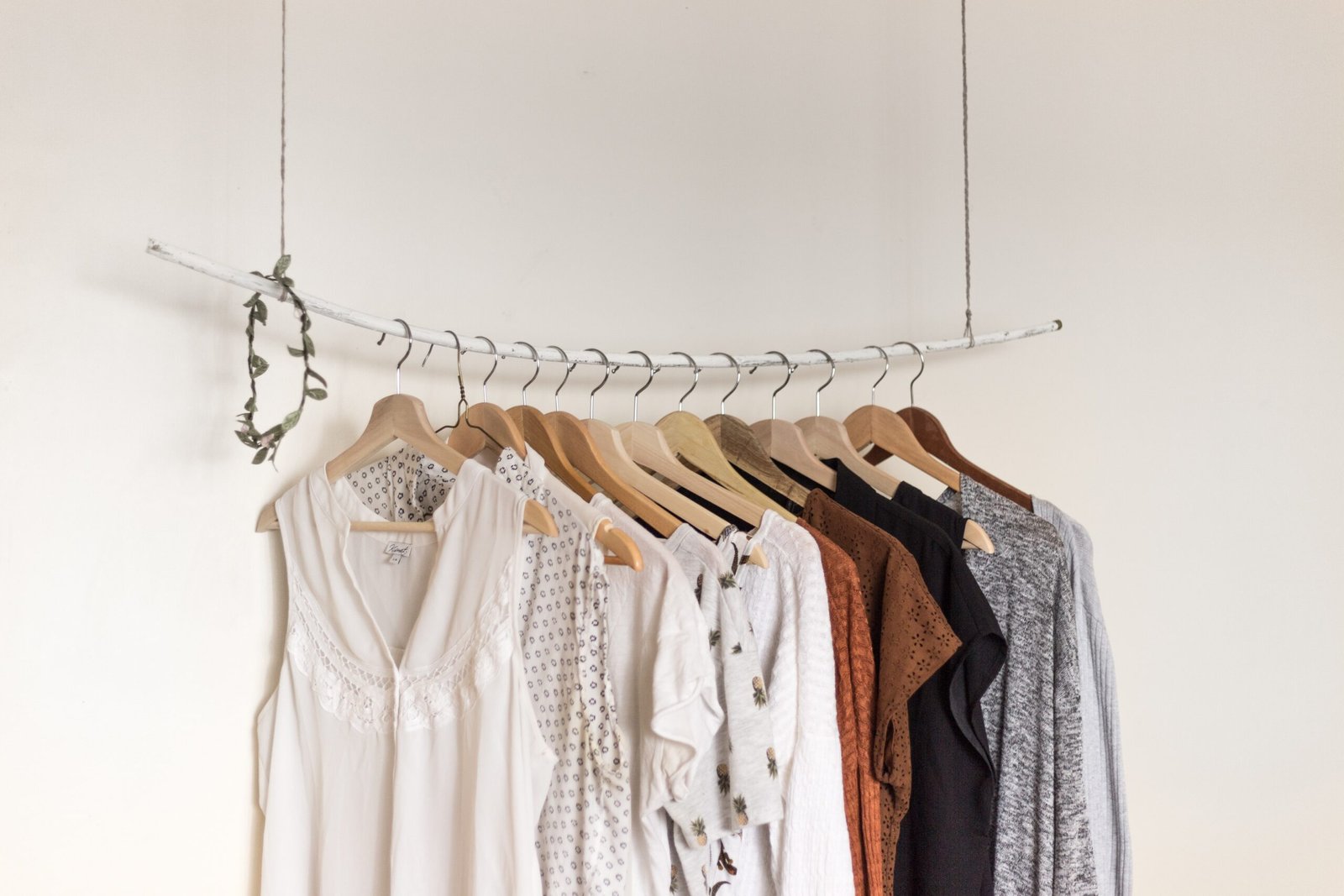Knitting, a craft cherished by many, is not just about the rhythmic dance of needles but also about the yarn that breathes life into each project. The quest for the perfect yarn is akin to a quest for the ideal companion for your creative journey. It’s about finding that perfect blend of texture, color, and comfort that transforms your knitting experience from ordinary to extraordinary. In this article, we delve into the world of knitting yarns, guiding you through the labyrinth of choices to help you find the perfect yarn for your next masterpiece. Whether you’re a seasoned knitter or just starting out, understanding the nuances of different yarns can elevate your craft and bring your visions to life.
Key Factors in Yarn Selection
Understanding Yarn Care
The first step in selecting the right yarn is understanding its care requirements. Can your knitted creation withstand a machine wash, or does it require a gentle hand wash? For instance, while superwash merino wool can endure machine washing, delicate fibers like cashmere or silk often need more careful handling. This consideration is crucial, especially for items like baby clothes or daily wear garments, where ease of care is a priority.
Fiber Content Matters
The fiber content of yarn significantly impacts its texture, durability, and suitability for different projects. Animal fibers like wool, alpaca, and mohair offer warmth and elasticity, making them ideal for cozy winter wear. On the other hand, plant fibers such as cotton and linen are perfect for lightweight, breathable summer garments. Synthetic fibers like acrylic and polyester are durable and easy to care for, making them a popular choice for beginners and budget-conscious knitters.
Yardage and Project Size
Before diving into your knitting project, consider the yardage of the yarn. Larger projects like blankets or sweaters will require more yarn, while smaller projects like hats or mittens need less. Always check the pattern recommendations and buy a little extra to avoid running out mid-project.
Choosing the Right Yarn Weight
Yarn weight plays a pivotal role in the outcome of your knitting project. For beginners, medium weights like worsted or aran are manageable and versatile. Lighter weights like fingering are perfect for delicate shawls, whereas bulky yarns make quick work of chunky scarves or hats. The weight of the yarn also determines the size of the needles you’ll use, affecting the overall texture and look of the knitted item.
Budget Considerations
Finally, consider your budget. Luxurious yarns like pure cashmere or high-quality merino wool can be pricey but offer unparalleled softness and quality. More affordable options like cotton blends or acrylics are great for everyday projects. Remember, the best yarn for your project balances quality with affordability.
Best Knitting Yarn Review
Caron Simply Soft Yarn
Caron Simply Soft is renowned for its versatility and softness, making it a favorite among knitters for both wearables and home decor. Its wide range of vibrant colors and easy-care nature (machine washable and dryable) adds to its appeal. It’s a medium-weight yarn (#4) that works well for a variety of projects, from blankets to baby garments.
- Pros: Soft texture, vibrant color range, machine washable, suitable for a wide range of projects.
- Cons: Some users report it can split while knitting, and color consistency may vary between batches.
Patons Classic Wool Yarn
For those who prefer natural fibers, Patons Classic Wool Yarn offers the warmth and elasticity only pure wool can provide. It’s perfect for projects that require a bit of warmth, like winter hats and scarves. This yarn is also a great choice for felting projects.
- Pros: 100% natural wool, excellent for warm projects, suitable for felting.
- Cons: Requires hand washing, some may find it a bit scratchy against the skin.
Feels Like Butta Yarn
As the name suggests, Feels Like Butta Yarn offers an incredibly soft feel, akin to chenille. Its polyester make-up ensures durability and ease of care (machine washable), making it an excellent choice for baby items and wearables that require frequent washing.
- Pros: Extremely soft, durable, machine washable, ideal for baby items.
- Cons: Limited natural stretch due to being 100% polyester, some users report issues with tangling.
Lion Brand Baby Soft Yarn
Lion Brand Baby Soft Yarn is a soft and light sportweight yarn, perfect for delicate baby garments and blankets. It comes in classic pastel colors and prints, adding a touch of elegance to any baby project.
- Pros: Soft and lightweight, suitable for baby projects, available in pastel colors.
- Cons: Lighter weight may not be ideal for heavier projects, limited color options outside of pastels.
Red Heart Super Saver Yarn
Red Heart Super Saver Yarn is known for its durability and wide color selection, making it a go-to choice for projects that require a lot of yarn, like afghans or large sweaters. It’s an affordable option that doesn’t compromise on quality.
- Pros: Highly durable, wide range of colors, affordable.
- Cons: Some find it less soft compared to other yarns, may not be as suitable for projects requiring a delicate touch.
How to Choose Yarn Based on Your Project
Matching Yarn to Project Type
The key to a successful knitting project lies in matching the right yarn to the right project. For instance, if you’re knitting a summer top, a cotton or bamboo yarn is ideal for its breathability and lightness. For cozy winter scarves or sweaters, a chunky wool or alpaca blend would provide the necessary warmth.
Consider the End Use
Think about the end use of your knitted item. If it’s a baby blanket, softness and ease of cleaning are paramount, making acrylic or superwash wool a great choice. For a durable kitchen towel, cotton yarn is preferred for its absorbency and washability.
Experiment with Texture and Color
Don’t be afraid to experiment with different textures and colors. A variegated yarn can add a unique touch to a simple pattern, while a single-color yarn can highlight the intricacy of a complex stitch.
Test and Swatch
Always swatch before starting your project. This will give you an idea of how the yarn behaves, how it feels in your hands while knitting, and the final look of the knitted fabric. It’s also crucial for ensuring that you’re knitting at the correct gauge.
Sustainability and Ethics
Consider the sustainability and ethical sourcing of your yarn. Organic yarns, recycled fibers, and yarns from companies with fair labor practices might be slightly more expensive, but they contribute to a more sustainable and ethical knitting practice.
The Joy of Knitting: Concluding Thoughts on Yarn Selection
Embracing Diversity in Yarn Selection
In the world of knitting, the diversity of yarns available offers a rich palette for creativity and innovation. From the luxurious touch of cashmere to the practicality of cotton and acrylic blends, each type of yarn brings its unique qualities to your knitting projects. The key is to choose a yarn that not only suits the project at hand but also brings joy and satisfaction in the knitting process.
Balancing Quality with Practicality
While the allure of high-end, luxurious yarns is undeniable, it’s important to balance quality with practicality. Consider the purpose of the finished item, the care it will require, and your budget. Sometimes, a more affordable yarn can be just as effective and enjoyable to work with as a premium one.
The Joy of Knitting
Above all, knitting should be an enjoyable and fulfilling activity. The choice of yarn is a personal one, reflecting your style, preferences, and the purpose of your project. Whether you are knitting a family heirloom or a simple scarf for a friend, the right yarn can make the process as rewarding as the finished product.
Conclusion
As you embark on your next knitting adventure, remember that the perfect yarn is out there waiting for you. By considering factors like fiber content, care requirements, project suitability, and budget, you can make an informed choice that enhances your knitting experience and brings your creative visions to life.
FAQ
FAQ: Co mmon Questions About Yarn Selection in Knitting
1. How do you choose yarn online without touching it or seeing the color in person?
Many knitters rely on Ravelry reviews to gauge the quality and feel of yarns. Some Etsy sellers offer sample packs. It’s common to take a risk with one skein but be more cautious when buying in larger quantities. Reading reviews and checking finished projects on Ravelry in the colorways you’re interested in can be very helpful.
2. Can I substitute different yarn brands of the same weight?
Yes, but it’s important to test the gauge to ensure no adjustments are needed. Even within the same weight classification, yarns from different brands can behave differently.
3. Why do some yarns have a dye lot number and others do not?
Yarns dyed in large batches are assigned a dye lot number to ensure color consistency. Yarns labeled as “no dye lot” are typically spun from pre-colored fibers, offering more uniformity in color.
4. What should I consider when buying yarn online?
Look for online stores with good return policies. Try new yarns one skein at a time and base purchases on yarns you’ve previously bought and liked. Reading reviews and checking the yarn’s specifications on Ravelry or other knitting forums can provide valuable insights.
5. How do I handle the color variation issue when ordering online?
Color variation can be tricky. Some knitters crowdsource color information by looking at stash photos on Ravelry or Google images. This approach helps get a better sense of the actual color you will receive.
6. Are there any resources for yarn samples before purchasing?
Some yarn manufacturers offer yarn sample cards, showcasing colorways and giving a sense of the feel, color, and weight before buying a whole skein or hank.
7. What’s the best way to launder yarn-based projects?
Always check the laundering instructions on the yarn label. Delicate items should be washed in a mesh laundry bag or pillowcase, and it’s recommended to wash handmade items separately. Even if machine wash and dry are permitted, handling them gently is key to maintaining their quality.
8. Where can I find help with yarn-related questions?
Many yarn stores and online platforms offer extensive resources, including yarn books and forums. Websites like Ravelry and knitting forums are great places to seek advice and read reviews from other knitters.



